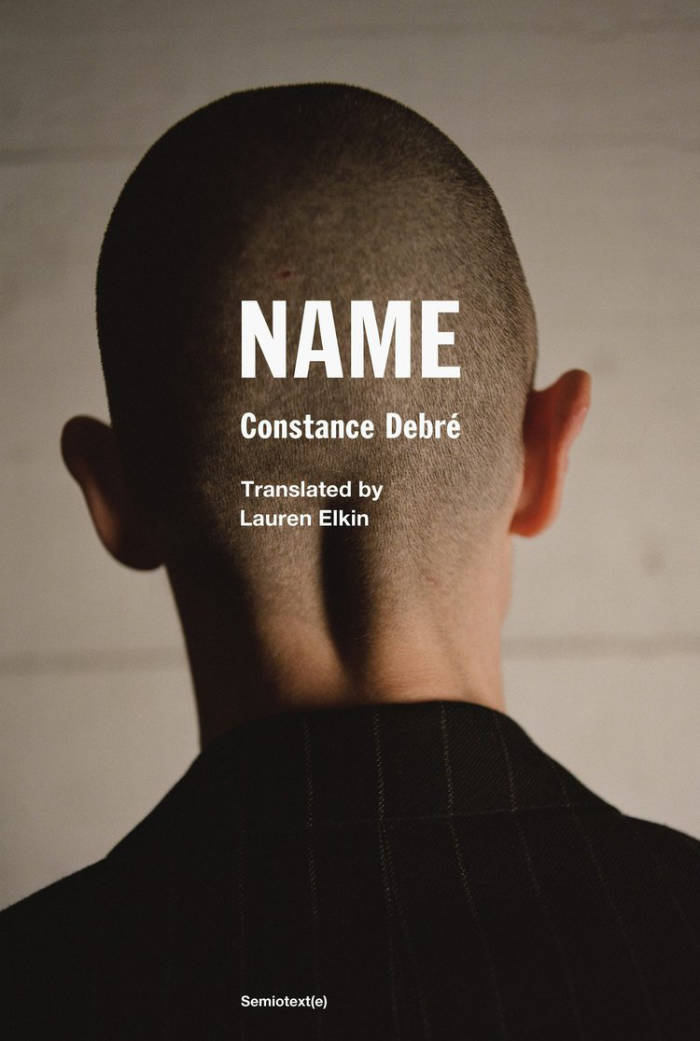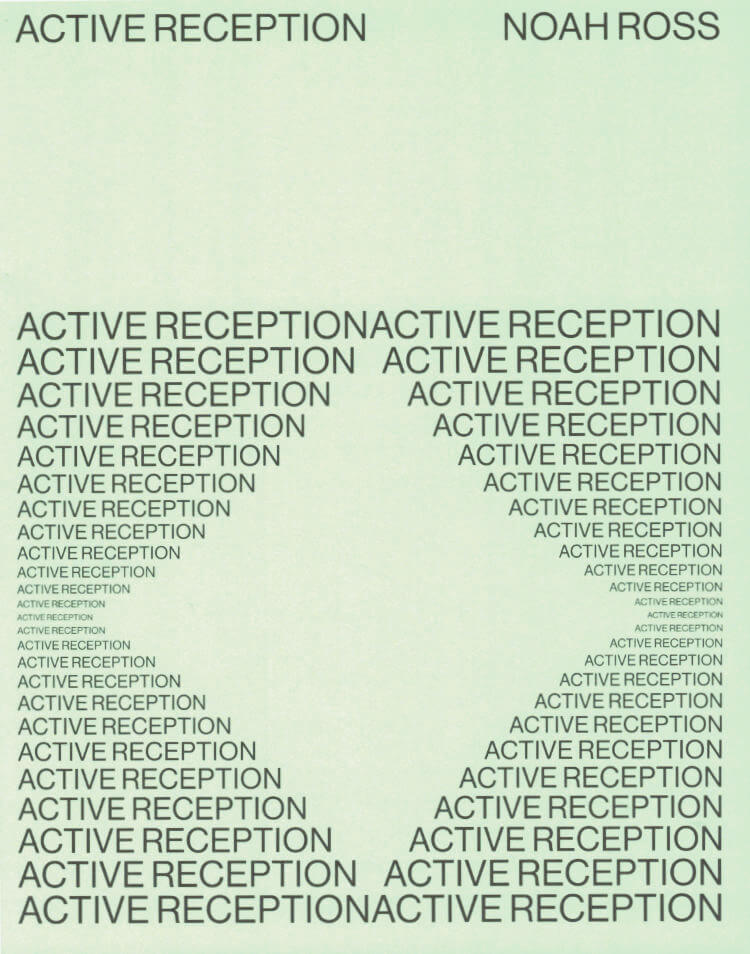
Drag King Dreams
Max Rabinowitz, a butch lesbian bartender at an East Village club, is shaken when her friend, a transvestite, is murdered. As the community of cross-dressers, drag queens, lesbians, and gay men stand together in the face of this tragedy, Max taps into the activist spirit she thought had disappeared.
Leslie Feinberg is an editor, writer, and political organizer. Stone Butch Blues, Feinberg's first novel, is an internationally acclaimed classic of trans literature. It won the Lambda Award and the American Library Association Lesbian and Gay Book Award. Feinberg's other works Trans Liberation, Trans Gender Warriors, and Transgender have also been at the forefront of the trans movement. Feinberg lives with her wife, Minnie Bruce Pratt, near New York City.




